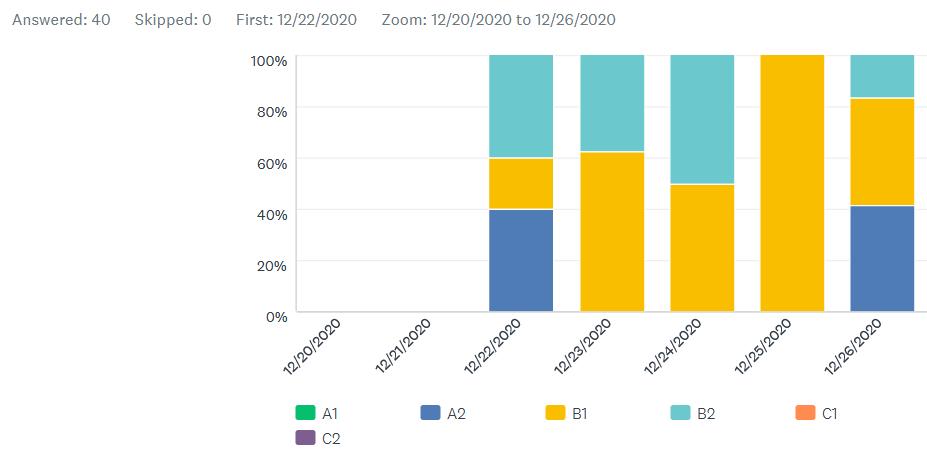Guinea Bissau Project background 1. Description of the partners The English Language Teachers Association (ELTA-GB) was set up in 2014 to improve and promote English language teaching in Guinea Bissau (hereafter GB), a country with a population of almost two million. Ali Djau is the current ELTA-GB president. There are about 200 members, teaching in the eight regions of the country. Inlingua is a language school in Cheltenham with a teacher training section delivering Trinity Cert and Dip TESOL, CLIL and TEFL Refresher courses face-to-face and online. Four trainers (of which three are Diploma qualified) expressed an interest in delivering the course, including Philip Grace as the lead project consultant.
2. Key features of the context English is the third foreign language taught in most GB schools, following Portuguese and French. Most children speak at least one tribal language and Creole, which is the national language of daily communication. Teachers in GB attend a training college to qualify. However, many need to supplement their teaching income with additional jobs to support themselves and their families. The English level of the teachers in the PRELIM course was B1 and above.
Connectivity was a major issue throughout the project. According to datareportal.com only 13 per cent of the GB population were internet users in 2020, which was almost double the figure for 2019. This puts GB among the six least connected countries in the world. 99 per cent of internet users accessed social media on their phones, with Facebook and WhatsApp being the most popular apps. Wi-Fi is rare and virtually all data is pre-paid in one-week or four-week packages, and is relatively expensive. Thanks to a very generous connectivity grant by the British Council, ELTA-GB was able to buy data for course participants through the local telecom provider.
3. Outline of the course and rationale After consultation with our partner, WhatsApp was chosen as the sole means of course delivery. Prior to PRELIM, ELTA-GB had already been making use of WhatsApp to provide CPD to teachers remotely, making it the most sensible choice for our course platform. With many phones being low-spec models with little storage, other software would also present unnecessary obstacles and require training for participants. Connection problems, limited electricity supply, the shift system in operation for schools and the issue of most teachers working other jobs meant that live online classes would probably be very difficult to arrange. The course would use the strengths of WhatsApp to foster personal and group interaction between the inlingua trainers and GB teachers, who rarely have the opportunity to interact with people outside their country.
Partnered Remote Language Improvement (PRELIM) project report
82

















